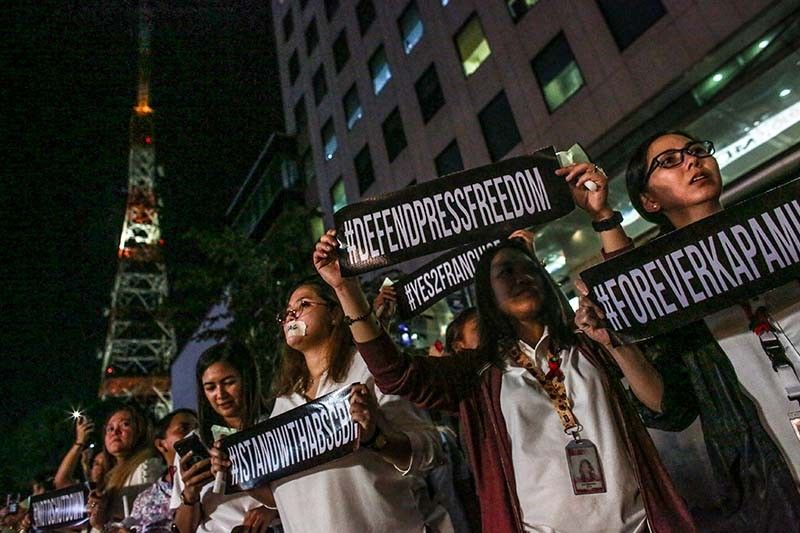Philippines falls two places on World Press Freedom Index

MANILA, Philippines — The Philippines again slipped down the World Press Freedom Index of Paris-based media watchdog Reporters Without Borders (Reporters Sans Frontières, RSF).
With a score of 43.54, the Philippines placed 136th out of 180 countries on the 2020 rankings. Last year, the Philippines ranked 134.
In Southeast Asia, the country fared better than its peers in terms of media freedom, except for Timor Leste (78th) and Malaysia (101st).
The index ranks 180 countries according to the level of freedom available to journalists based on evaluation of pluralism, media independence, quality of legislative framework and safety of journalists.
For the fourth consecutive year, Norway topped the rankings, followed by Finland. Meanwhile, North Korea was at the bottom of the list.
Attacks on Philippine press
The media watchdog noted the “grotesque judicial harassment campaign” against news website Rappler and its editor Maria Ressa and the threats against media giant ABS-CBN.
Just before the novel coronavirus outbreak disrupted the country, the country’s top broadcaster face—which has been at the receiving end of President Rodrigo Duterte’s tirades—was facing franchise woes.
“The leading TV network, ABS-CBN, has also been the target of threats and intimidation by government agencies and institutions that support Duterte,” RFS said.
In February, the country’s top lawyer moved to strip ABS-CBN of its operating franchise after alleging before the Supreme Court that the company violated provisions of its 25-year legislative franchise.
The House of Representatives went into recess last month without resolving the network’s application for franchise renewal that will expire on May 4.
The media watchdog also said that online harassment campaigns waged by pro-Duterte troll armies were launched against alternative news websites and the National Union of the Journalists of the Philippines.
Pandemic amplifies threats to press freedom
The coronavirus pandemic that has infected over 2.4 million people around the world is exacerbating threats to press freedom, RFS pointed out, with authoritarian states such as China and Iran censoring details of the outbreak.
“The coronavirus pandemic illustrates the negative factors threatening the right to reliable information, and is itself an exacerbating factor,” RSF secretary-general Christophe Deloire said.
“The public health crisis provides authoritarian governments with an opportunity to implement the notorious “shock doctrine”—to take advantage of the fact that politics are on hold, the public is stunned and protests are out of the question, in order to impose measures that would be impossible in normal times,” he added.
- Latest
- Trending






























